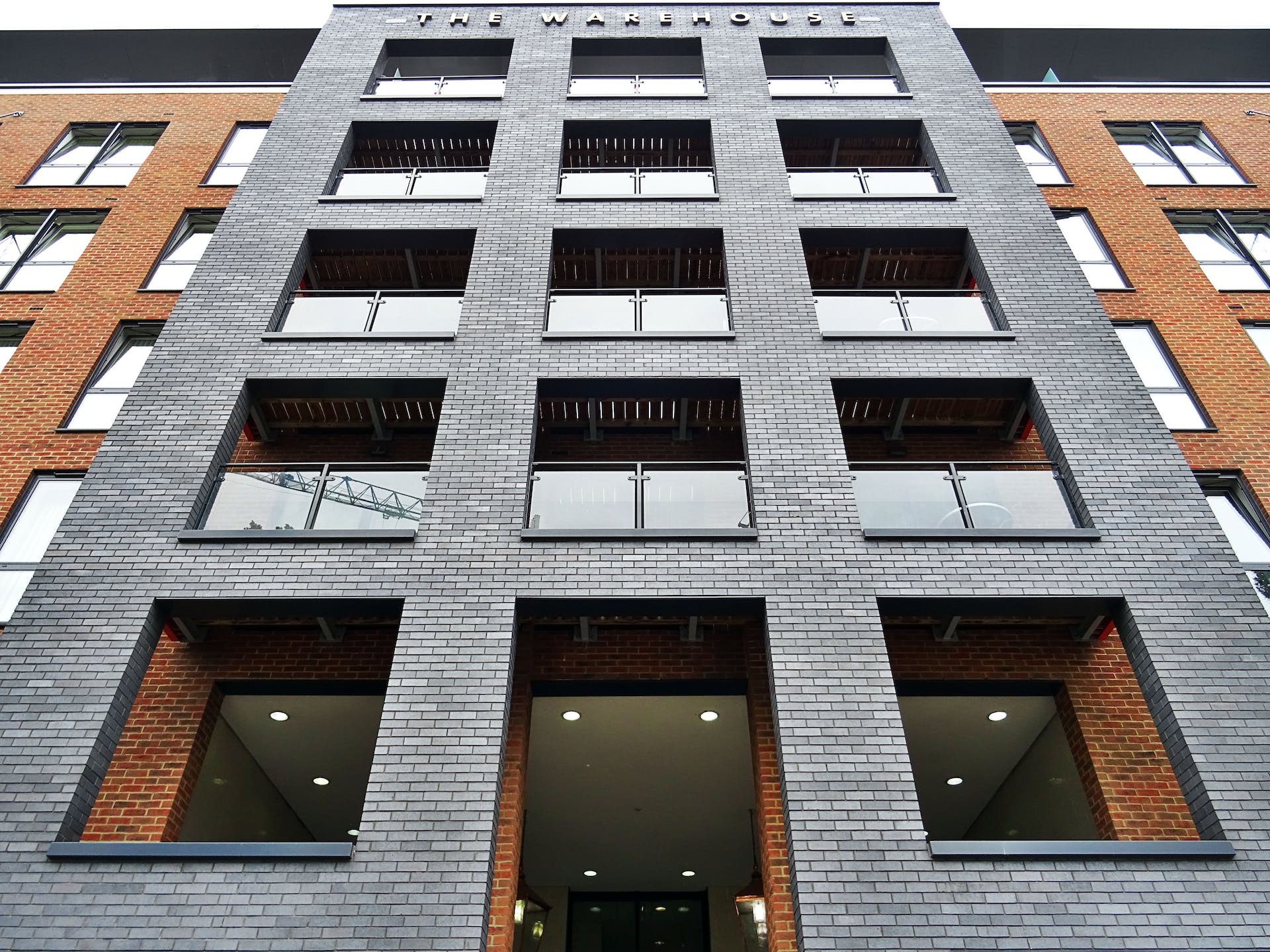

Question: How Do I Avoid Capital Gains Tax on Rental Property in Canada?
Answer: To avoid capital gains tax on rental property in Canada, consider strategies such as using the principal residence exemption, transferring the property to a family member, or utilizing tax-efficient investment structures like a registered retirement savings plan (RRSP) or tax-free savings account (TFSA). Always consult a tax professional.
How to Avoid Capital Gains Tax on Rental Property in Canada – Strategies for Canadian Real Estate Investors
Investing in rental property is a popular way to generate income, but it also brings tax implications when you decide to sell. This blog post will guide you through various strategies to minimize or avoid capital gains tax on rental property in Canada. It’s crucial to understand these strategies to make informed decisions and maximize your investment returns.
Understanding Capital Gains Tax
What is Capital Gains Tax?
Capital gains tax is a tax on the profit made when you sell an asset for more than its purchase price. In the context of rental property, this tax applies to the increase in value of the property from the time you purchased it to when you sell it. [ 1 ]
The Impact on Rental Property Owners
For rental property owners, capital gains tax can significantly reduce the profit from the sale. However, there are legal ways to reduce or even avoid this tax, which can be especially beneficial for property investors.
Click here to find out the price of my house
Related Article: What are the Tax Implications of Selling a House Below Market Value in Canada?
Related Article: How Long Do You Have to Live in Your Primary Residence to Avoid Capital Gains in Canada?
The Principal Residence Exemption
Utilizing the Principal Residence Exemption
One way to avoid capital gains tax is by using the principal residence exemption. If you lived in the property for some time before or after renting it out, you might qualify for this exemption for those years.
Understanding the Rules
The rules for the principal residence exemption are specific. You need to have lived in the property for at least a part of the year, and you can only designate one property per year as your principal residence.
Changing the Use of Your Property
From Rental to Principal Residence
Converting your rental property into your principal residence is one strategy to reduce capital gains tax. If you move into the property and live in it for a significant period, you may claim it as your principal residence.
From Principal Residence to Rental
If you initially bought the property as your principal residence and then converted it to a rental, you could still claim the principal residence exemption for the years you lived in it.
Capital Cost Allowance (CCA) Considerations
What is CCA?
Capital Cost Allowance is a form of depreciation that can be claimed on your rental property. It allows you to deduct a percentage of the property’s cost over several years.
The Impact on Capital Gains
While claiming CCA can reduce your taxable income in the short term, it can increase your capital gains tax when you sell the property. This is because CCA reduces the property’s cost base, increasing the capital gain.
Keeping Records and Receipts
Importance of Record-Keeping
Maintaining detailed records and receipts is crucial for rental property owners. These documents are necessary to calculate the adjusted cost base of your property, which is essential for determining your capital gains tax.
What to Keep
Keep all purchase documents, improvement receipts, and records of expenses related to the property. These will be invaluable for accurately calculating your capital gains tax liability.
Seeking Professional Advice
Why Professional Advice Matters
Tax laws are complex and subject to change. Seeking advice from a tax professional can provide personalized strategies based on your unique circumstances.
Finding the Right Advisor
Look for a tax advisor experienced in real estate and rental property taxation. They can offer valuable insights and strategies to minimize your capital gains tax legally.
For more information please visit jenjewell.ca
Conclusion: Maximizing Your Investment
Selling a rental property in Canada can come with a hefty tax bill if not managed correctly. However, by understanding and utilizing strategies like the principal residence exemption, being mindful of the impact of CCA, and keeping meticulous records, you can significantly reduce your capital gains tax liability. Remember, every situation is unique, so seeking professional advice is always recommended to ensure you’re making the most of your investment while staying compliant with tax laws.
References
1. https://www.freshbooks.com/en-ca/hub/taxes/how-to-avoid-capital-gains-tax-on-property


